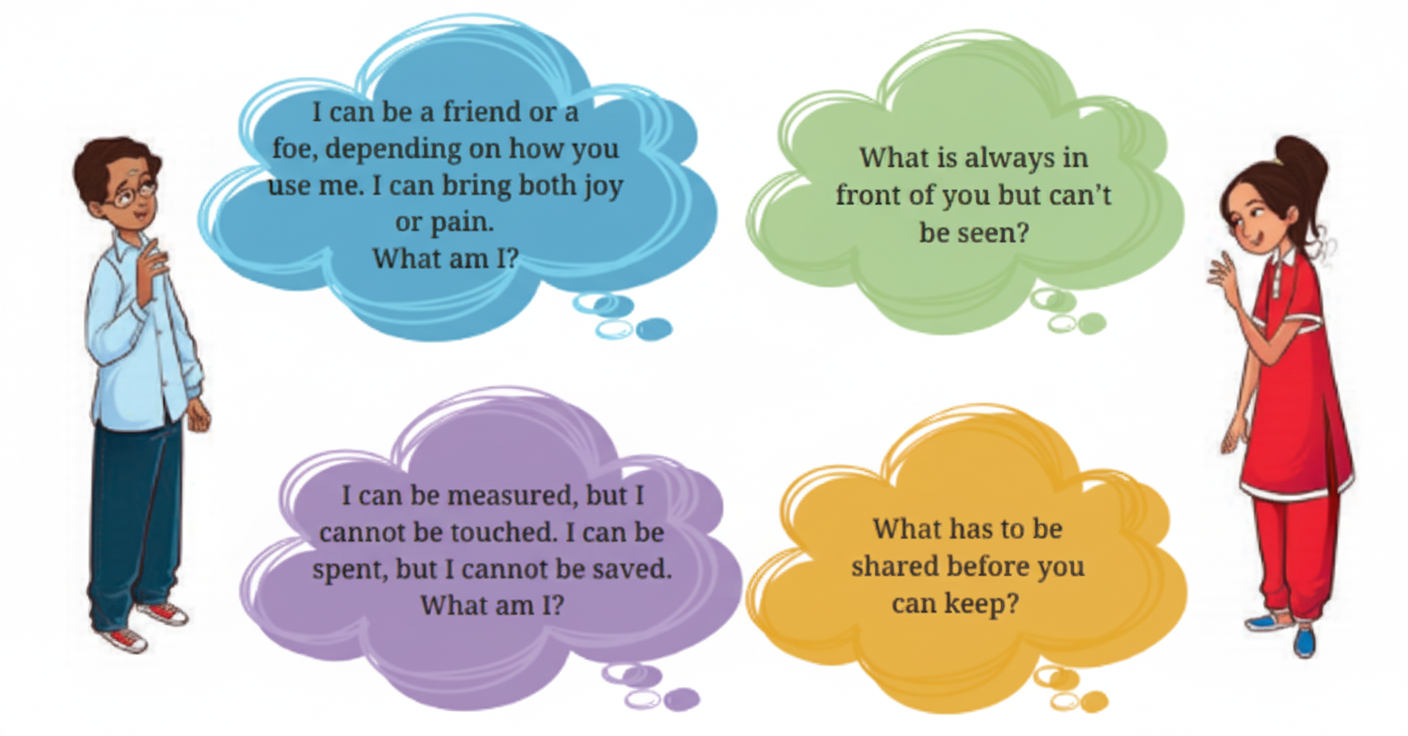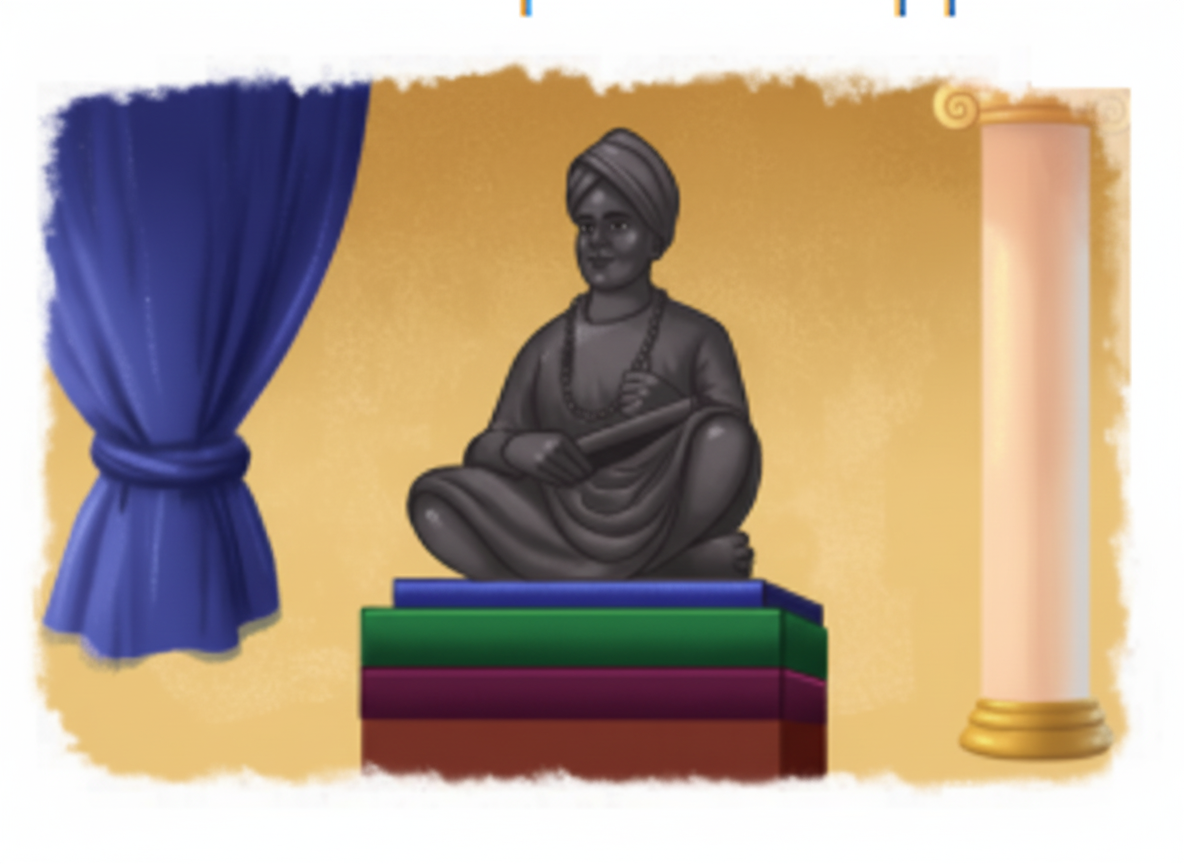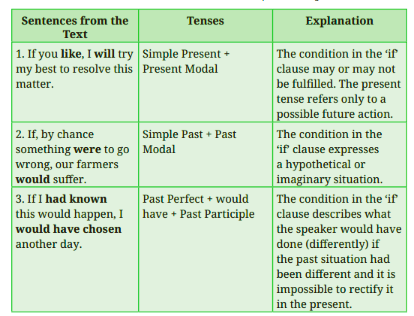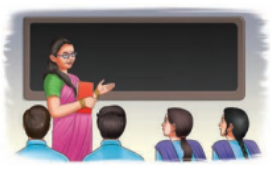Stepwise Answers & Exam Tips for Class 8 English Chapter 1
FAQs on NCERT Solutions For Class 8 English Chapter 1 The Wit That Won Hearts - 2025-26
1. What is the best way to prepare for Class 8 English Chapter 1: The Wit That Won Hearts?
The most effective way to prepare for Class 8 English Chapter 1: The Wit That Won Hearts is by using stepwise NCERT Solutions that clarify each textbook exercise and follow CBSE marking schemes. Key steps include:
- Reviewing the chapter summary and key themes.
- Practicing all textbook and back exercise questions with stepwise answers.
- Studying important definitions and examples from the chapter.
- Practicing long and short answer formats as per CBSE exam patterns.
- Utilizing free PDF downloads for offline revision.
2. Are NCERT Solutions enough for Class 8 English exams?
NCERT Solutions for Class 8 English are generally sufficient for scoring well in exams if studied thoroughly. However, for best results:
- Focus on understanding stepwise NCERT answers.
- Practice writing answers within the word limit.
- Revise extra questions and summary notes for better concept clarity.
- Attempt sample papers and previous year questions for exam practice.
3. How to write stepwise NCERT answers to score full marks?
To score full marks in CBSE Class 8 English answers, always use a stepwise format that includes:
- A direct and relevant introduction.
- Bullet points or logical sequence for supporting details.
- Use of important keywords from the chapter.
- Concluding sentences that summarize the answer.
- Examples or quotes where required.
4. Are diagrams or definitions mandatory in answers for The Wit That Won Hearts?
While diagrams are not typically required for this chapter, clear and concise definitions of key terms enhance answers and fetch more marks. Make sure to:
- Include definitions or explanations of important terms like 'wit' and 'wisdom'.
- Use neat underlining or bullet points for definitions.
5. Which questions are likely to come from Class 8 English Poorvi Chapter 1 in school exams?
Questions in CBSE Class 8 English Chapter 1 exams often include:
- Short answer questions based on chapter events.
- Meaning and usage of 'wit' and 'wisdom'.
- Long answer questions on lessons learned from Tenali Ramakrishna's actions.
- Value-based or moral questions from the story.
6. How does the story conclude and what lessons can be learnt from it: wit and wisdom?
The chapter concludes with Tenali Ramakrishna earning a special place in the king’s court by solving a problem with his wit. The main lessons are:
- Wit and quick thinking can resolve difficult situations peacefully.
- Wisdom helps in making fair and balanced decisions.
- Respecting intelligence and humility in tricky situations.
7. Where can I download the chapter’s solutions PDF for Class 8 English Poorvi Chapter 1?
You can download the NCERT Solutions PDF for Class 8 English Poorvi Chapter 1 from trusted educational portals for free. Steps:
- Visit official NCERT or CBSE solution platforms.
- Search for 'Class 8 English Poorvi Chapter 1 solutions PDF'.
- Click on the download button for offline access.
8. How did Tenali Ramakrishna gain a special place in the King's Court Class 8?
Tenali Ramakrishna earned a special place in the king’s court by using wit and intelligence to solve difficult problems impressively.
- He gave clever solutions when others failed.
- The king appreciated his practical wisdom and humor.
- His actions demonstrated the value of quick thinking and tact.
9. How to structure long answers for better marks in Class 8 English exams?
For scoring high in long answer questions:
- Start with an introduction mentioning the chapter name and main point.
- Write logically ordered points with examples from the chapter.
- Underline keywords and important terms (e.g., wit, Tenali Ramakrishna).
- Conclude with a summary sentence reflecting values or lessons learned.
10. What are the most important topics from The Wit That Won Hearts Chapter 1?
Important topics for this chapter include:
- The qualities of wit and wisdom as shown by Tenali Ramakrishna.
- Key events and their impact in the king’s court.
- Moral lessons and values conveyed in the story.
- Definitions and examples related to the main theme.
11. Are NCERT solutions free?
Yes, NCERT solutions for Class 8 English and other subjects are available for free download from official educational websites and portals. This helps all students get equal access to quality learning resources.
- Search for 'NCERT Solutions for Class 8 English' online.
- Check for free PDF availability before downloading.
12. Do examiners award partial marks for correct steps even if the final answer is wrong?
Yes, CBSE examiners often give partial marks for correct steps, relevant points, or proper reasoning, even if the final answer is incorrect. To maximize marks:
- Show all working steps and explanations clearly.
- Include main keywords and follow the marking scheme.



























